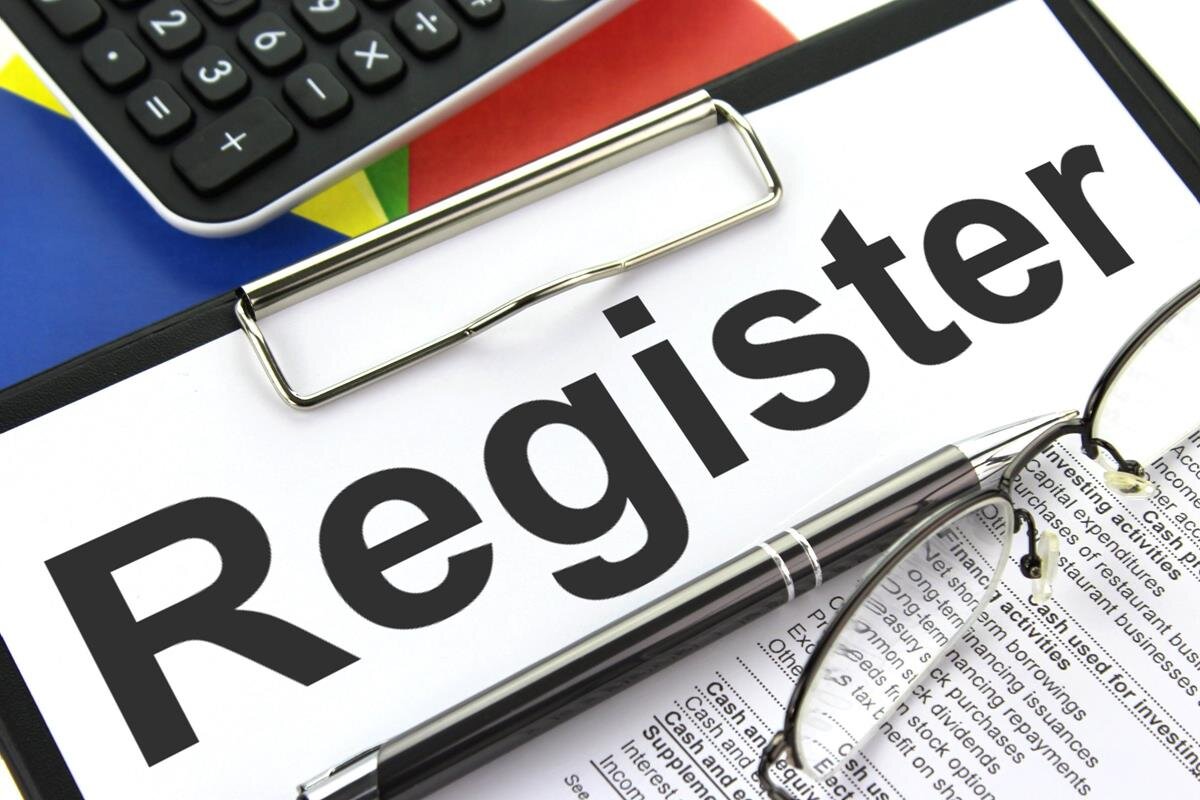
Guidance on Deducting Home Office Expenses
One of the benefits of having a home based business (for freelancers, self employed contractors and small business owners) is that you can deduct the expenses relating to the space that you use to work. This can result in a reduction in your tax bill for costs that you would incur regardless, which is certainly an incentive to being your own boss.
Criteria for Deductibility:
For home office expenses to be deductible, they have to meet the following criteria:
It has to be your principal place of business i.e. you cannot deduct home office expenses if you have another office that relates to your business, elsewhere, even if you work 22 hours a day or you check your blackberry in bed.
The space designated as your home office is used to earn business income and/or you meet clients or customers on a regular basis. You can deduct expenses relating to the workspace in your garage which is used for home improvement projects.

How to File T4s using Quickbooks Desktop
For all Canadian businesses that have employees on their payroll, the deadline to file your T4s is February 28th, The good news is that it has become much easier to prepare and submit the T4s particularly if you are submitting them electronically.. The Canada Revenue Agency (CRA) is encouraging businesses to file the T4s electronically and it should be noted that e-filing is mandatory for employers with more than 50 employees.

How to Pay Dividends: Completing the T5 Slip and Summary
If you are the owner of a Canadian corporation, you can choose to pay yourself (and other shareholders) dividends instead of a salary. Alternatively, some shareholders also take dividends in addition to a salary depending on their tax planning strategy. If you do decide to pay yourself dividends, it is important to ensure that you prepare the proper documentation for Revenue Canada (CRA) and if you live in Quebec, Revenue Quebec (MRQ) since this must be reported as investment income on your personal tax return in the calendar year in which the dividends are paid. If you are paying dividends to a Canadian shareholder, you must issue a T5 slip while non resident shareholders receive an NR4 slip. The T5 dividend slips are generally due by February 28th of the calendar year following the year in which the dividend was paid Although no income taxes are due at the time of filing the T5 slips with the government, interest and penalties apply for late filing . The process of submitting preparing and submitting the dividend declarations and the documents that need to be filled out and returned to the CRA and MRQ are discussed below:

Guidance on Registering for Payroll and Remitting Source Deductions
There comes a time for many small business owners when they decide that they need to hire employees. This is usually an excellent sign as it means a) the business is growing and b) the small business owner has learned to delegate. It also means that additional paperwork needs to be filled out and additional taxes need to be paid. The simplest option when deciding to augment your workforce is to have the new worker invoice the business, based on hours worked or some other formula. Unfortunately, there are very specific rules as to who qualifies as a self employed contractor. Essentially, if your have someone that works full time, has little flexibility with respect to the hours that they work and you provide the tools such as a desk/office, computer etc, then there is a good chance that the tax authorities will classify them as an employee. In this case, where your worker is clearly an employee, you must register for payroll, pay them a salary and submit regular, periodic payroll reports and payments to the Canada Revenue Agency (CRA). As usual, if you live in Quebec, you must submit to Revenue Quebec (MRQ) as well.

Should you register for GST/HST and QST and What it Means to Be Zero Rated
When starting your new Canadian small business or launching into self employment, it is essential to determine whether you are required to register for GST/HST (and QST if you have a started a business in Quebec). The simple answer is that if you anticipate that your annual gross revenues (total sales) are going to exceed $30,000 and your products or services do not qualify as Exempt or Zero rated (explained below) , then you are required to register for GST/HST and collect sales taxes from your Canadian customers and clients. The $30,000 limit applies to the last 4 quarters of revenues. If you decide not to register for sales tax upon the inception of your business/self employment, then you must monitor your sales revenues over a rolling 4 quarter period and register once you are close.

What is a notice of assessment and How to Handle a request for information
After you file any type of tax return Revenue Canada (CRA) and Revenue Quebec (RQ) will send you an acknowledgement that the return has been received and a detailed breakdown of the tax return that was filed including any discrepancies. IT also provides information pertaining to future years. The NOA is also referred to as an “avis de cotisation” if your preferred language is French or when you receive one from RQ. Some of the information that can be found on a notice of assessment include:

What Types of Car Expenses Can Business Owners Deduct
Access to a car can be crucial to running a small business effectively. Costs of ownership, however, can be high, especially in the early stages when your business is not hugely profitable. Luckily, Revenue Canada and Revenue Quebec allows individuals and corporations who use their cars to generate income, to deduct the relevant expenses. Since there are many different situations that can arise with car expenses and also due to potential manipulation, both CRA and RQ provide detailed guidance on the subject. Below are some of the main provisions that impact small business owners:

What Small Business Owners Need to Know About Income Tax Instalments
Transitioning from being a full time employee to small business ownership or self employment means that you need to cultivate self discipline. You can no longer rely on your employer to take care of business functions that do not relate to your job ,and must take a much more active role in ensuring that you remain on top of your obligations whether it is collecting payments from customers, paying bills or ensuring that you do not run afoul of Revenue Canada. One of these obligations requires that you pay your own income taxes, which you are required to pay when you file your income tax return. Additionally, once you exceed a certain income threshold you are also required to pay income tax and sales tax instalments.

Is the Quick Method of Reporting GST/HST & QST the Right Choice for your Small Business
If you are self employed or a small business with annual sales between $30,000 and $400,000, it might make sense to select the Quick Method of reporting your GST/HST and QST, which is essentially a simplified method of reporting sales taxes . While regular reporting of sales taxes requires that you calculate all amounts collected and paid on eligible expenses, the quick method (or simplified method as it is also referred to)requires the application of a single reduced rate to your sales while GST/HST and QST paid on expenses is not deductible. The key details of the Quick Method and its suitability for your business are discussed below:

How to Change Your Personal Tax Return After It Has Been Filed
Despite your (and/or your accountants’)best efforts , occasional errors or omissions relating to your personal tax return are unavoidable. It is possible that you forgot to include a tax slip, overstated your expenses or was unaware of a specific tax credit. Luckily there is fairly simple mechanism that allows you to change your tax return, which can either be done online or by filling out a form and mailing it in.

Employment Insurance for Small Business Owners and Self Employed Individuals
One of the benefits allowed employees working in Canada is that have access to employment insurance. A specific amount is withdrawn from each employees paycheques each pay period along with an employer portion and remitted to Revenue Canada. This entitles them to wage loss replacement, in the event that they are laid off, as well as other benefits. This can be extremely useful in difficult times and has been used by millions of Canadians.
Unfortunately, taxpayers who are considered self employed are not entitled to the same benefits. A self employed individual also includes anyone who owns 40% of a corporation and usually extends to family members of self employed people. By the same token, self employed taxpayers (whether they are sole proprietorships or owners of corporations) are also not required to pay employment insurance (EI) premiums.

Should You Pay Yourself a Salary or Dividend? 7 Considerations For Small Business Owners
While incorporation has many benefits for small business owners, it does introduce additional complexities that are not faced by registered businesses. Unincorporated business owners are essentially taxed on their net business income, which allows for more time to devote to tax planning and how to spend all of your richly deserved profits. Incorporated business owners, on the other hand, cannot just withdraw cash from their businesses as the need or whim arises. There needs to be a formalized structure in place which usually takes the form of either salary or dividends. Either type of remuneration has tax and other implications that need to be considered before making a decision.

What to Do When your Tax Obligations are Overdue

GST/HST and QST Considerations For New Business Owners
 The Goods and Services Tax or GST is a consumption tax that is charged on most goods and services sold within Canada, regardless of where your business is located. Subject to certain exceptions, all businesses are required to charge GST , currently at 5%, plus applicable provincial sales taxes. A business effectively acts as an agent for Revenue Canada by collecting the taxes and remitting them on a periodic basis. Businesses are also permitted to claim the taxes paid on expenses incurred that relate to their business activities. These are referred to as Input Tax Credits.
The Goods and Services Tax or GST is a consumption tax that is charged on most goods and services sold within Canada, regardless of where your business is located. Subject to certain exceptions, all businesses are required to charge GST , currently at 5%, plus applicable provincial sales taxes. A business effectively acts as an agent for Revenue Canada by collecting the taxes and remitting them on a periodic basis. Businesses are also permitted to claim the taxes paid on expenses incurred that relate to their business activities. These are referred to as Input Tax Credits.
Does Your Business Need to Register?
Prior to engaging in any kind of commercial activity in Canada, all business owners need to determine how the GST and relevant provincial taxes apply to them. Essentially, all businesses that sell goods and services in Canada, for profit, are required to charge GST, except in the following circumstances:
